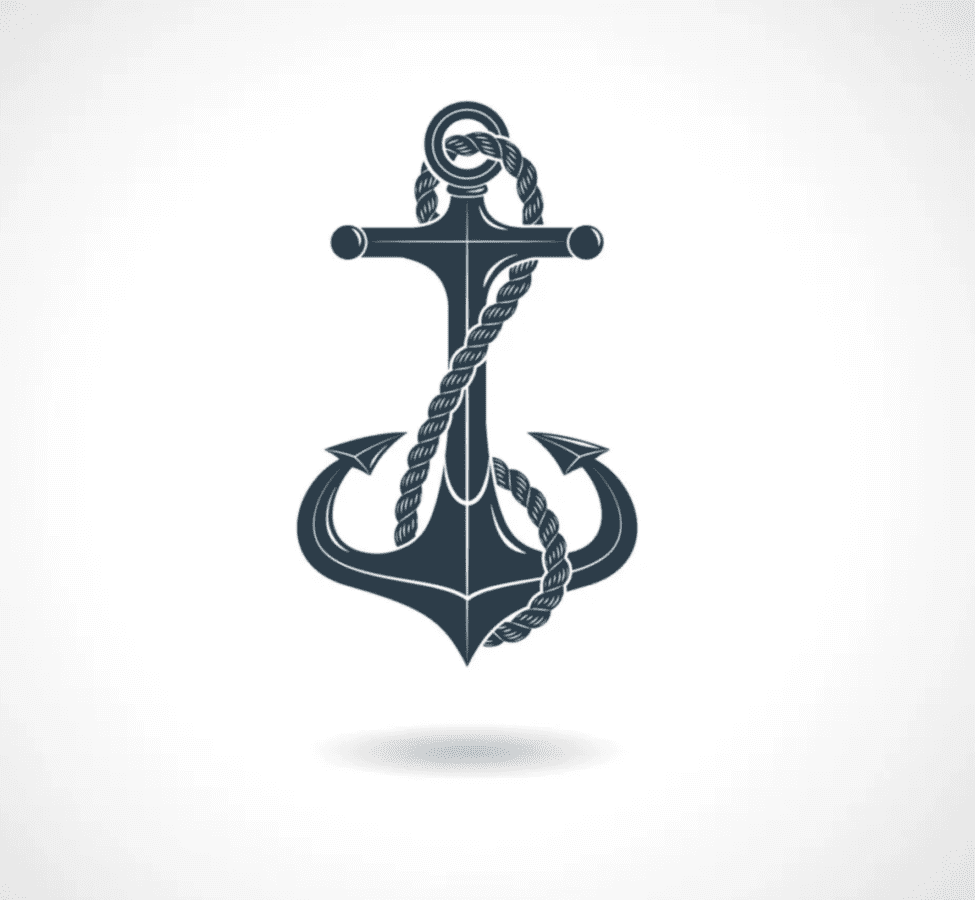Admiralty time legislation dates back to the Admiralty Maritime Ship Arrest Legal Services Act of 1840. After that, the Admiralty Court Act of 1861, The Courts of Admiralty Act of 1891, and the Admiralty Rules of 1912 were added to the Act. The Admiralty Courts Act of 2000 now governs all aspects of admiral admiralty in Bangladesh.
Admiralty maritime ship arrest legal services entail the detention of a vessel for the purpose of securing a claim against it. This can include claims for delinquent debts, cargo damage, and other maritime disputes. Typically, these services are provided by attorneys with expertise in admiralty law and international maritime law, and they may involve collaboration with local tribunals, government agencies, and other legal authorities.
Creditors typically initiate ship arrest by filing a complaint and a warrant for the ship’s arrest, followed by the marshal’s physical arrest of the vessel. The detention of the vessel establishes a lien and prevents the ship from leaving port until the dispute is resolved. If the disputes are not resolved, the detained vessel can be auctioned off to pay off the debts.
This is Admiralty Court
The High Court Division of Bangladesh’s Supreme Court has original jurisdiction over admiralty cases.Admiralty refers to ships or vessels anchored in any Bangladeshi port.
Admiralty Court Authority
The Admiralty Court shall have the authority to hear and decide any questions or claims pertaining to (a) the possession or proprietorship of a ship; or (b) the operation of a ship. (b) any question arising between co-owners of a ship as to possession, employment, or income of that ship;(c) any claim in respect of a mortgage or charge on a ship or any share therein;(d) any claim for damage done by a ship;(e) any claim for damage received by a ship;(f) any claim for loss of life or personal injury sustained as a result of any defect in a ship;(g) any claim for loss or damage to goods carried in a ship;(h) any claim arising out of any agreement relating to the conveyance of goods in a ship or the use or hire of a boat;(i) any claim relating to the rescue of life from a boat. (j) any claim relating to the towing of a vessel or aircraft;(k) any claim relating to the forfeiture or condemnation of a vessel or commodities.
Mode of workout
Under certain conditions, the High Court Division’s admiralty jurisdiction may be exercised personally and by action in rem. The Admiralty Jurisdiction of the High Court Division, also known as the Court of Admiralty, may be exercised via an action against a ship, aircraft, or property.
Suit Initiation: An action or suit brought before the High Court Division must be initiated by a plaint drafted, subscribed, and verified in accordance with the Code of Civil Procedure (1908). According to section 7 of the Admiralty Act 2000, the utmost court fee for Admiralty cases is Taka.1, 00,000 (One Lac), with the exception of claims by the master or crew for wages garnered on board.

Legal Services for Admiralty Maritime Ship Arrest Legal Services
Maritime Contracts: Admiralty courts manage contract disputes involving ship charters, cargo dispatches, salvage agreements, and marine insurance policies, among others.
Claims for Personal Injury and Wrongful Death: When incidents or injuries occur at sea, the admiralty courts have jurisdiction over claims for personal injury and wrongful death. This can involve shipwrecks, oil platforms, and other maritime incidents.
Disputes involving the loss or injury of cargo during transportation fall under the jurisdiction of the admiralty court. This includes matters concerning shipping contracts, bills of lading, and cargo management.Admiralty courts hear cases pertaining to the salvage of vessels and the removal of wreckage from navigable waters. Salvage is the act of rescuing a ship or its cargo from peril, typically for a compensation.
Admiralty courts oversee maritime liens, which are legal claims against a vessel or its cargo to secure payment for services or debts related to that vessel.
Environmental Issues: The admiralty court has jurisdiction over cases involving pollution, hydrocarbon accidents, and other environmental incidents in navigable waters. This is essential for enforcing environmental regulations and holding responsible parties accountable.
Admiralty courts can also hear cases involving offenses that occur on the high seas, such as piracy, narcotics trafficking, and unlawful fishing.Attorneys can provide counsel on the legal process of ship arrest, including the requirements and procedures for procuring an arrest warrant and the legal grounds for arrest.
Attorneys in Bangladesh Representing Ship Arrest cases in Bangladesh
Attorneys can represent clients in court proceedings related to the arrest, such as hearings to determine the legality of the arrest and challenges to the release of the detained ship.
By providing evidence of ownership or other grounds for dismissal, attorneys can aid clients in securing the release of arrested ships.
To resolve the dispute and secure the ship’s release, attorneys can assist in negotiating settlements between the parties involved in the arrest.
Attorneys can advise clients on their legal rights and responsibilities in relation to their arrest and any disputes that may arise.
Execution of Judgment
Upon satisfaction of a well-grounded case, the Honorable Court may enforce the payment of a judgment by attachment against the party on whose behalf a caveat has been entered, or by seizure of the property if no caveat has been entered.
Unless the Honorable Court orders otherwise, the Marshal will conduct an order of sale as a sale of movable property in execution of a decree in an ordinary civil proceeding. In practice, a bank guarantee will be paid in favor of the judgment debtor if it is provided. The Honorable Court will also enforce the mental and arbitral decisions of foreign judges.

0 Comments